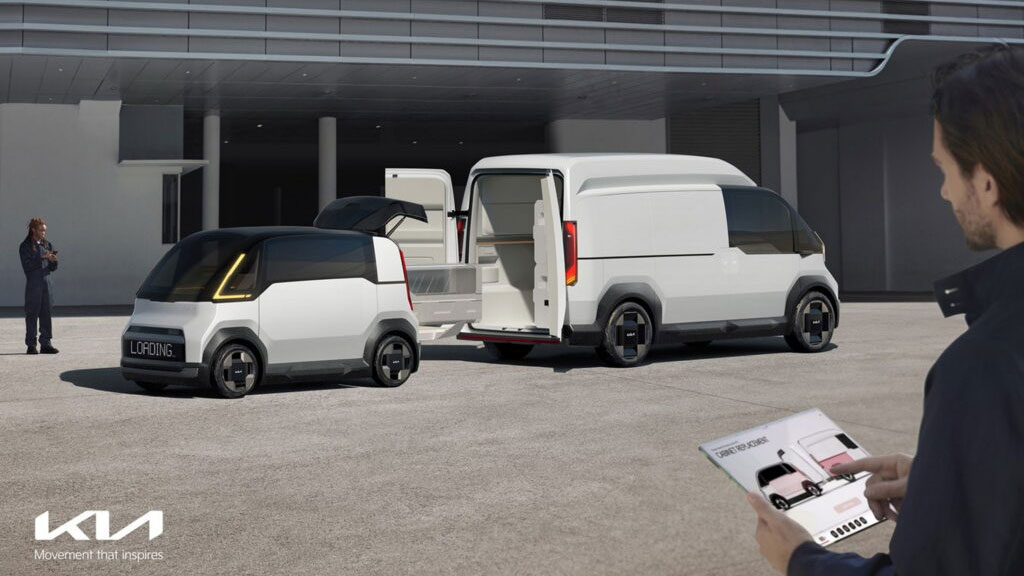Since the advent of modern electric vehicles, which are primarily built on low, flat platforms due to their battery systems, there has been a persistent desire to develop vehicles with interchangeable bodies. Kia believes it has cracked the code with a range of commercial vehicles that promise exceptional versatility.
The Korean automaker is showcasing three concept electric vehicles at the Consumer Electronics Show (CES) 2024, known as the PV1, PV5, and PV7. The first to hit the road will be the mid-size PV5, and, as you can see, it will be available in various body styles, offering customers the flexibility to choose more than one.
Kia states that the vehicle's flexible chassis will feature a fixed cab or "driver zone." Behind it, there will be an interchangeable upper body, referred to as the "life module," attached to the chassis using a combination of mechanical couplings and electromagnetic fixtures. While Kia does not delve into intricate technical details, this technology is expected to streamline the process of swapping body tops.
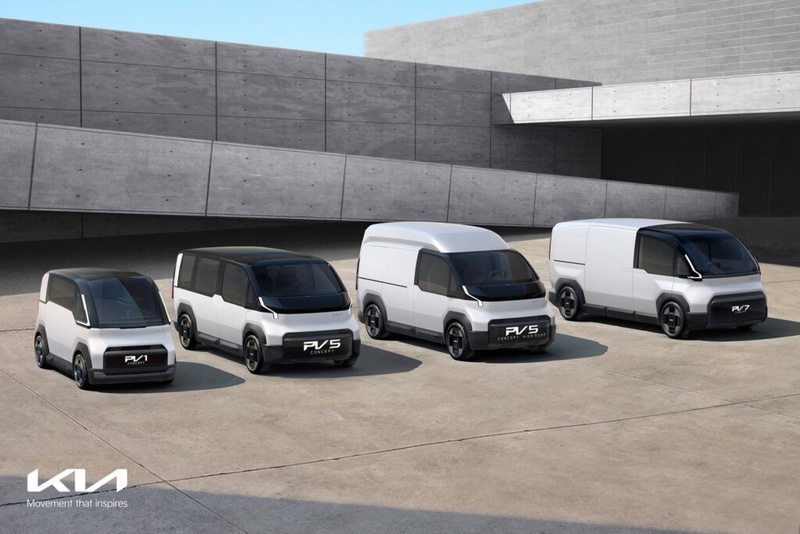
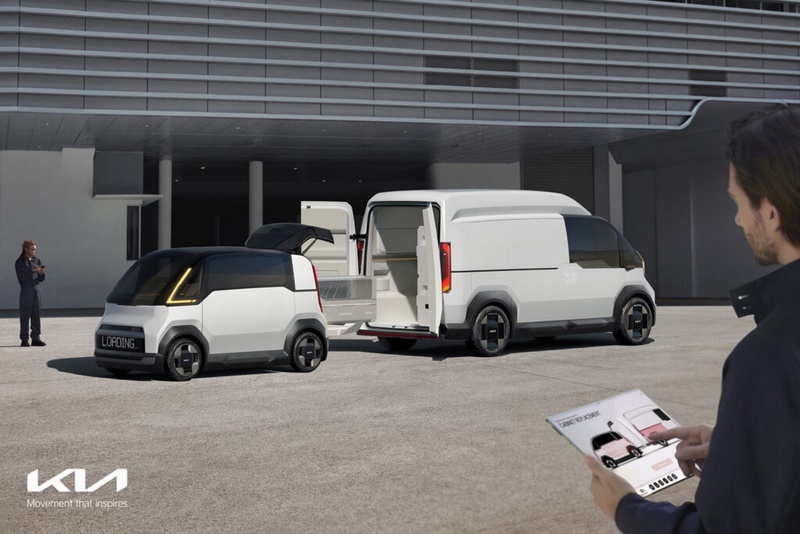
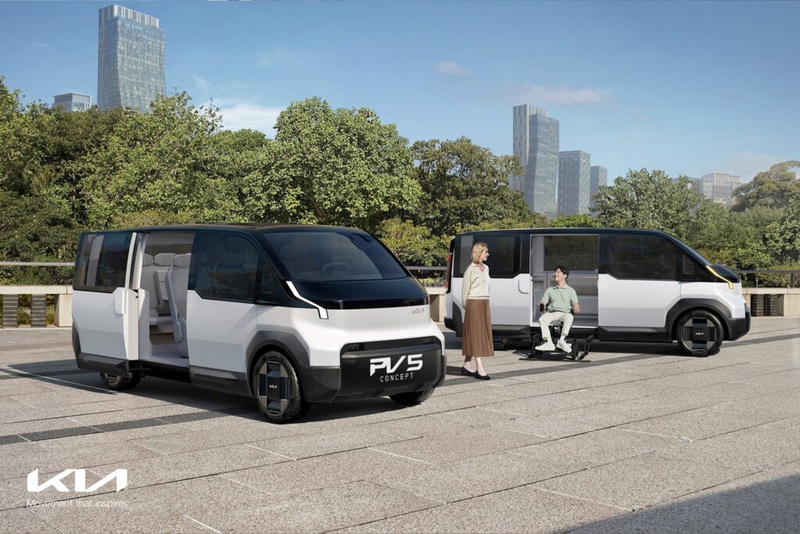
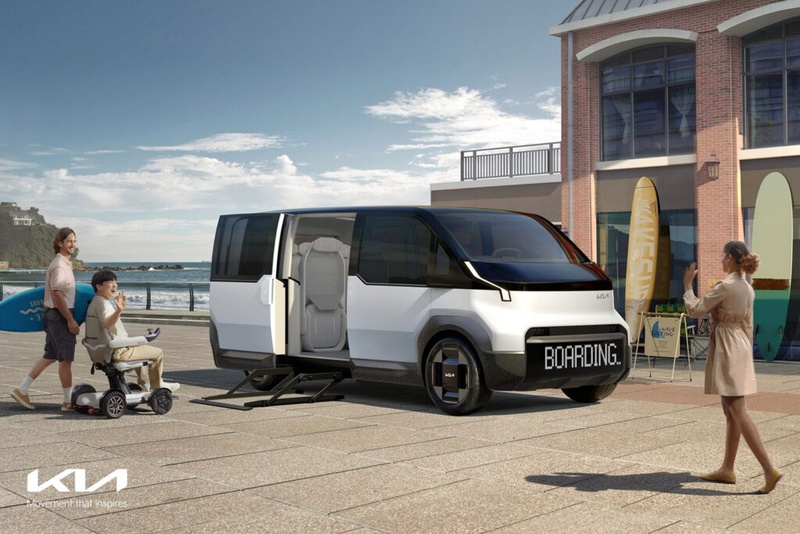
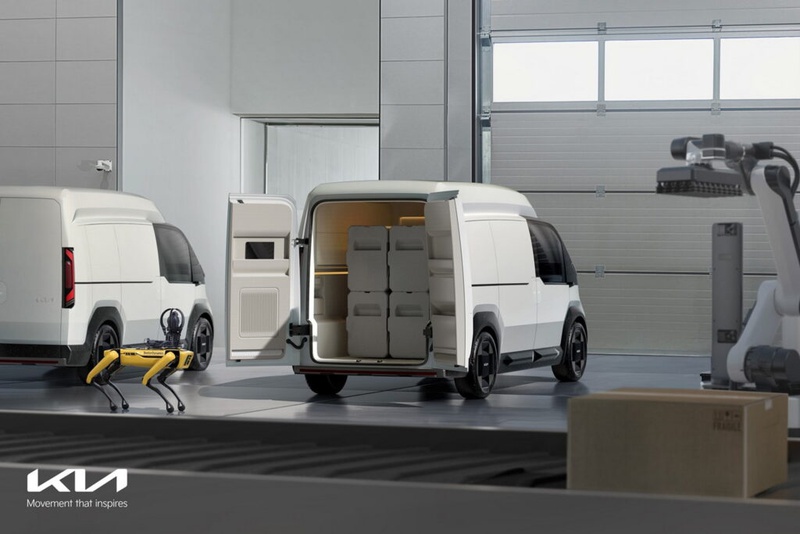
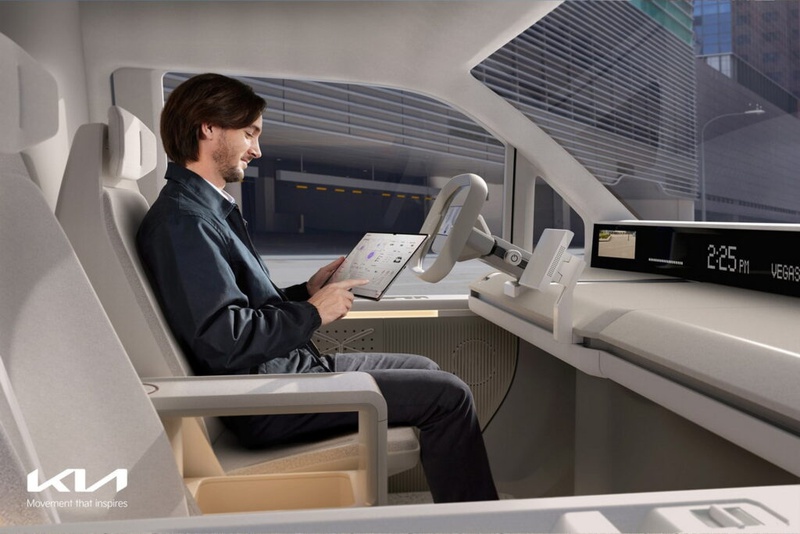
Each life module will be delivered as a standardized kit, and Kia plans to offer Basic, Van, High Roof, and Chassis Cab body styles. Similar to the exterior, the seats and storage compartments within the life modules will also be adjustable and removable, allowing delivery vans to be quickly transformed into taxis.
Kia has provided fewer details about the PV1 and PV7 but mentions that the latter will be the largest in the lineup with an "impressive driving range." Meanwhile, the PV1 will be the smallest model, designed for urban environments and tight spaces.
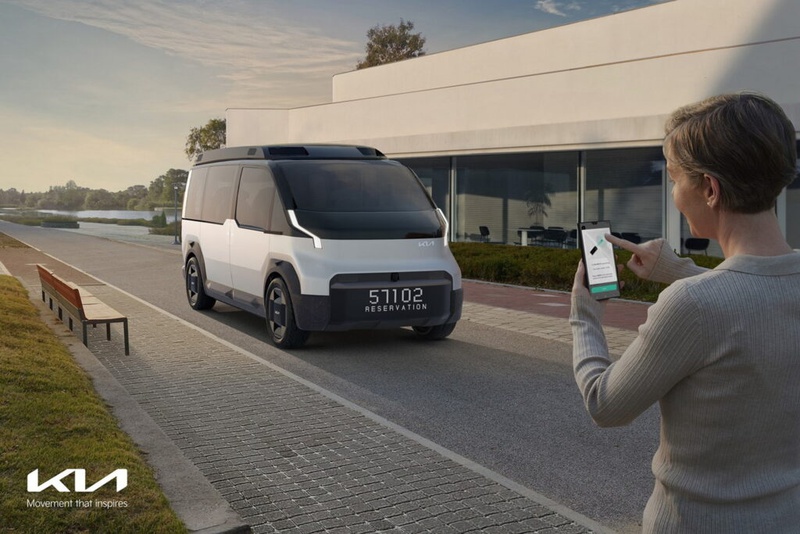
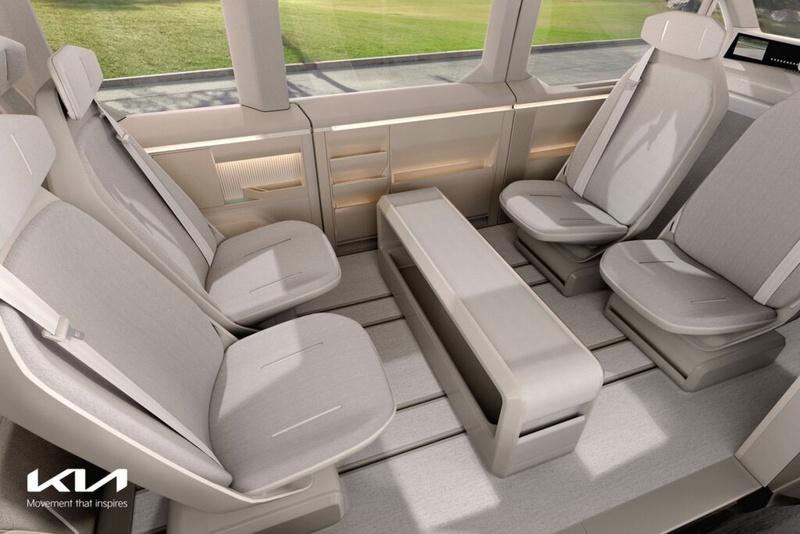
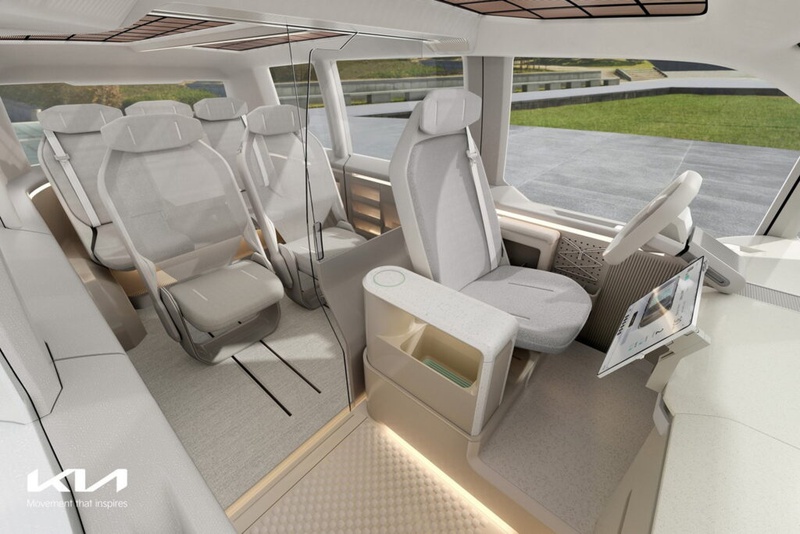
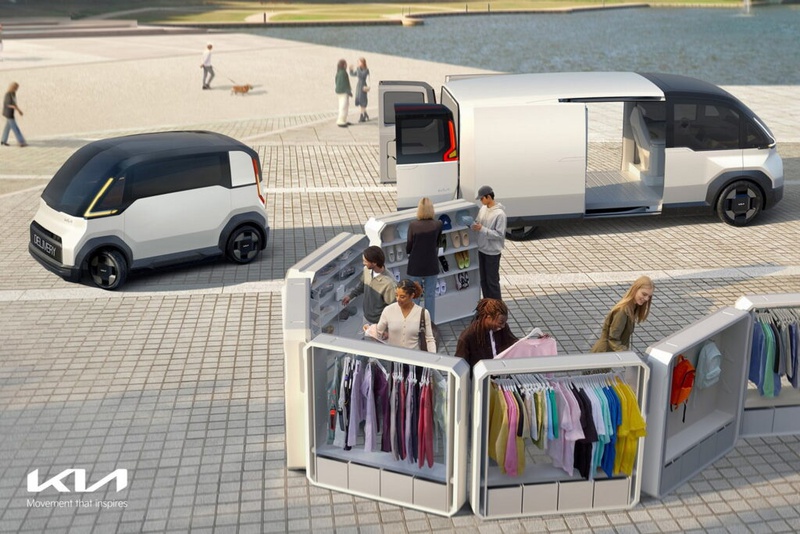
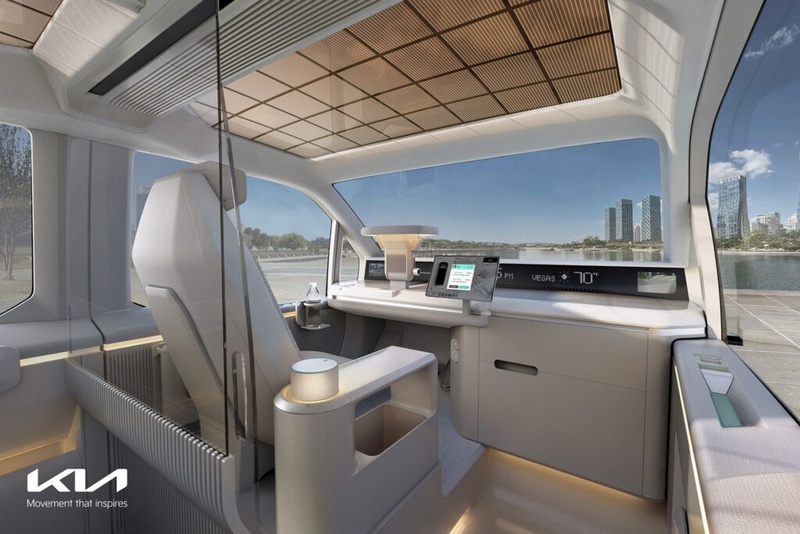
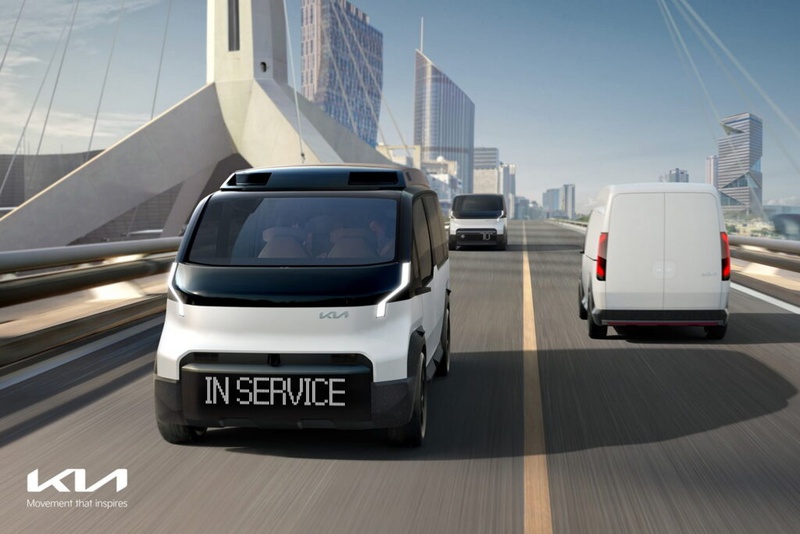
To enhance the utility of these vehicles, Kia intends to develop dedicated business software to assist owners in managing their fleets. The PV series vehicles will also employ AI technology to offer predictive maintenance recommendations and customized charging programs tailored to each customer's requirements.
Kia refers to the chassis and technology underpinning these vehicles as the "Platform Beyond Vehicle" (PBV), and the PV series is just the beginning. After their unveiling, Kia plans to continue refining the technology and creating more customizable vehicles that seamlessly integrate into the broader mobility ecosystem.
Kia's plans include the establishment of a dedicated PBV manufacturing plant in Korea, slated to become operational in 2025, with an annual production capacity of 150,000 units.
Source: Kia
